By Alex Audu
The Plateau State Malaria Elimination Program in collaboration with Malaria Consortium has engaged the services of technology experts to drive accountability in the ongoing Seasonal Malaria Chemoprevention program. This is a significant move to integrate technology into the process in order to reduce paper processes with the aim of strengthen monitoring mechanisms and ensure proper documentation in the distribution of the chemopreventive malaria medication to children between the ages of 3 and 59 months.
This was disclosed by the Program Manager of the Plateau State Malaria Elimination Program Nurse Ndak Kizito while addressing journalists at the opening ceremony of the 3-day intensive resident training of technology experts at the National Institute Policy and Strategic Studies (NIPSS) Kuru on Wednesday 14th August 2024.
“…we are introducing technology to be deployed to the field. We have engaged more than 12,000 people in the course of this year’s seasonal malaria chemical prevention program. And this set of people are 74 in number. They will be shared and deployed to the 17 local government areas of Plateau State.”
“And in the local governments, they will have specific wards they will cover. That means out of the 325 wards that we have in the state, these wards will be shared to these particular administrators that will deploy the technology to help the community drug distributors that we’ve engaged.”
He stressed the vital role the technology will play in supporting the great work that the over 7,000 community drug distributors are doing in rural communities across the state.
“We’ve engaged more than 7000 community drug distributors. That is the people that move house to house to distribute this particular medication to children under five years. And what this medication does is it prevents the children from getting malaria throughout the year. That is, children that are between the ages of 3 months to 59 months old.”
“Now, that then means that we need to deploy this technology to actually tell us if we are actually reaching the target audience that we have. In the last two cycles, we’ve been able to engage in the first cycle over 900,000 children. And they had those medications. And in the course of this particular training, it is also, we told them that you look out for children that are already ill or they have malaria, you don’t administer the medication for them because it is a preventive medication.”
“So in that case, they have to send those children to the hospital, the nearest primary healthcare center or general hospital, or even a teaching hospital to be attended to, to be tested. And if you discover that the child has a malaria, then that means you have to look for a malaria medication to treat the child. So these people will augment the other staff that we already engage at the local government level, at the world level, at the community level, they will work hand in hand with.”
On his part the Plateau State Coordinator of Malaria Consortium, Dr Mbwas Mashor emphasized the importance of the training which according to him brings in technology to help reduce losses incured during the use of paper process in the ongoing Seasonal Malaria Chemoprevention program.
“The event today is a step down a training that was already done at the national level by some consultants, the cluster supervisors, who have been selected to specially learn how to integrate technology into seasonal malaria chemo prevention.”
“…there are so many processes that are involved, which involves how the drugs are even procured, how they are distributed to the different local government areas, how they are distributed to the different health facilities in the state, and how they are distributed to different communities and different homes.”
“So, in the course of all these processes, there are lots of documentations that are going into place to keep record of what is given to the people and how many people are actually involved. So now we want this training to have technical experts that are able to now use technology to monitor or to document all the processes that are going on. So instead of using paper documentation now for the number of children that are being targeted, for the number of drugs that have been deployed, for the health facilities, the health workers that are on the job every day, we want to deploy technology to help us monitor all these drugs, the personnel, the processes and all that.”
“…it will help us to prevent losses along the chain, because there are sometimes they will say, ‘this particular household, this particular number of people have gotten medications’, but documentations might just be hooked up somewhere.”
“But with technology, you’ll be able to know as real time what is going on. So as the remotest person in the remotest village gives out drugs like this, there’s already something that he needs to do, or to just press or to document or to enter in the system. And then we already have in our back end server that these drugs have gone to this community and reach this target people with their names and everything captured such that we’ll be able to monitor.”
Some of the participants also shared their expectations for the training. A participant identified as Nanring Ndam has this to say about her expectations. “I intend to know more about SMC, especially now that it has to do with technology and improving and making the work easier. So before now, the CDDs start, the people that distribute the drugs door to door, they use tally sheets, to make sure that they don’t make mistakes in giving back report. I intent to take home a lot of knowledge about it and to do my best”
Another participant identified as Dr Belin David in his own words said “I want know more about the SMC and how to make use of technology to get more data and then to reach out to more vulnerable groups, especially the under five, talking about children, 3 months to 59 months of age.”
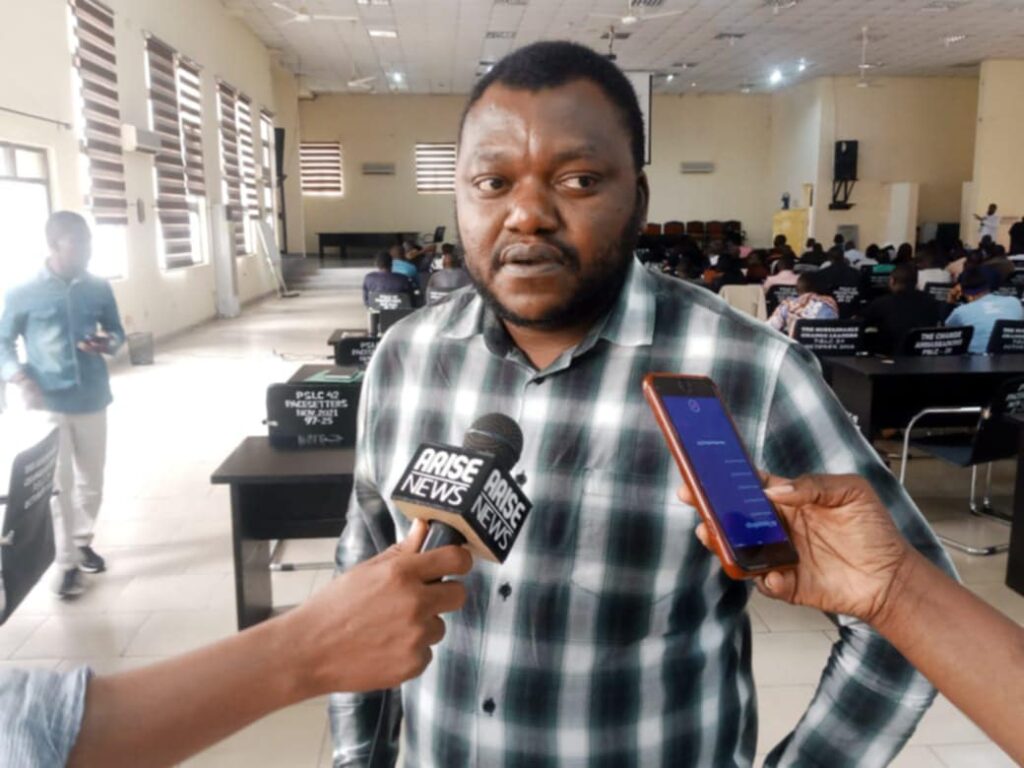
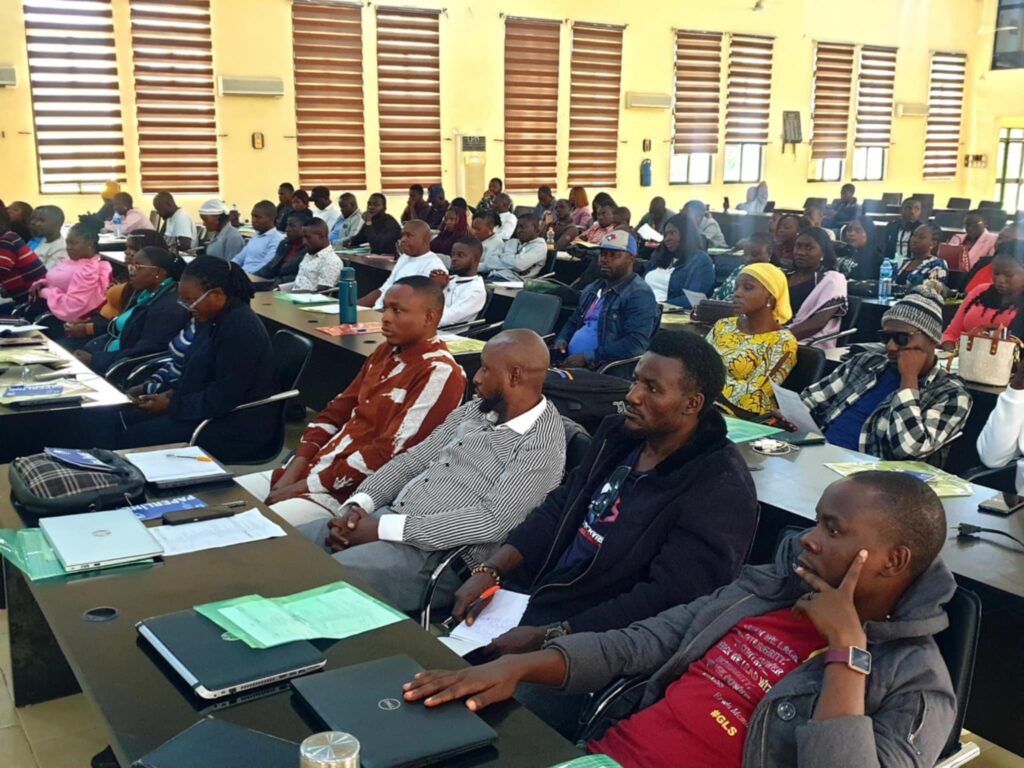
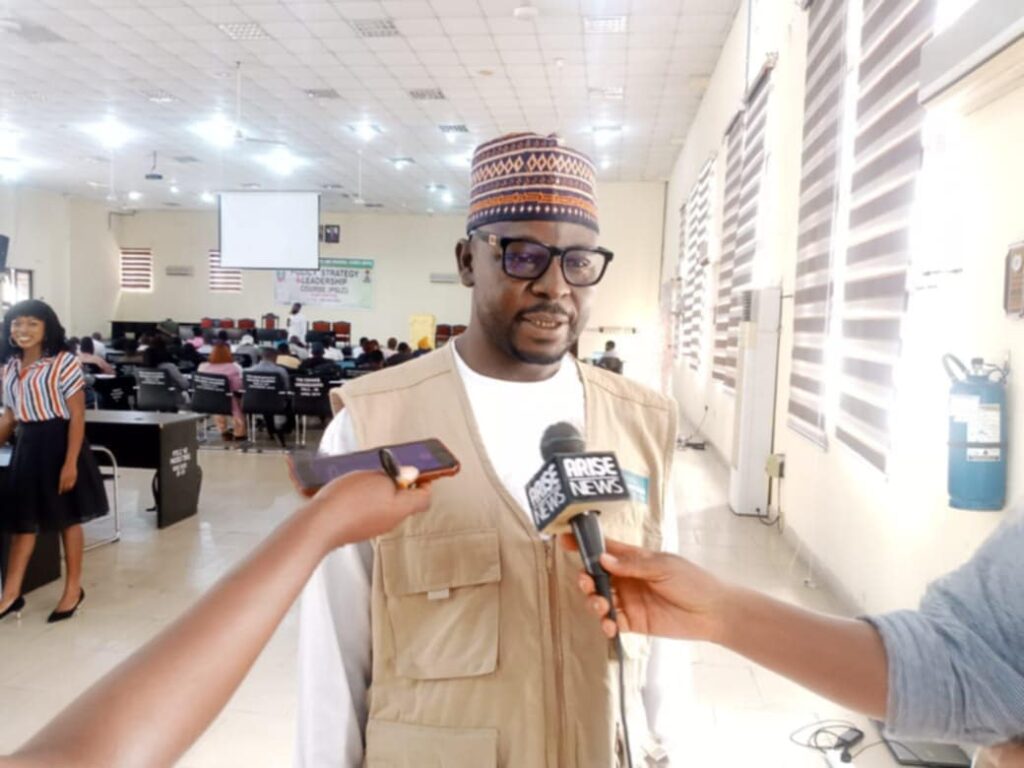
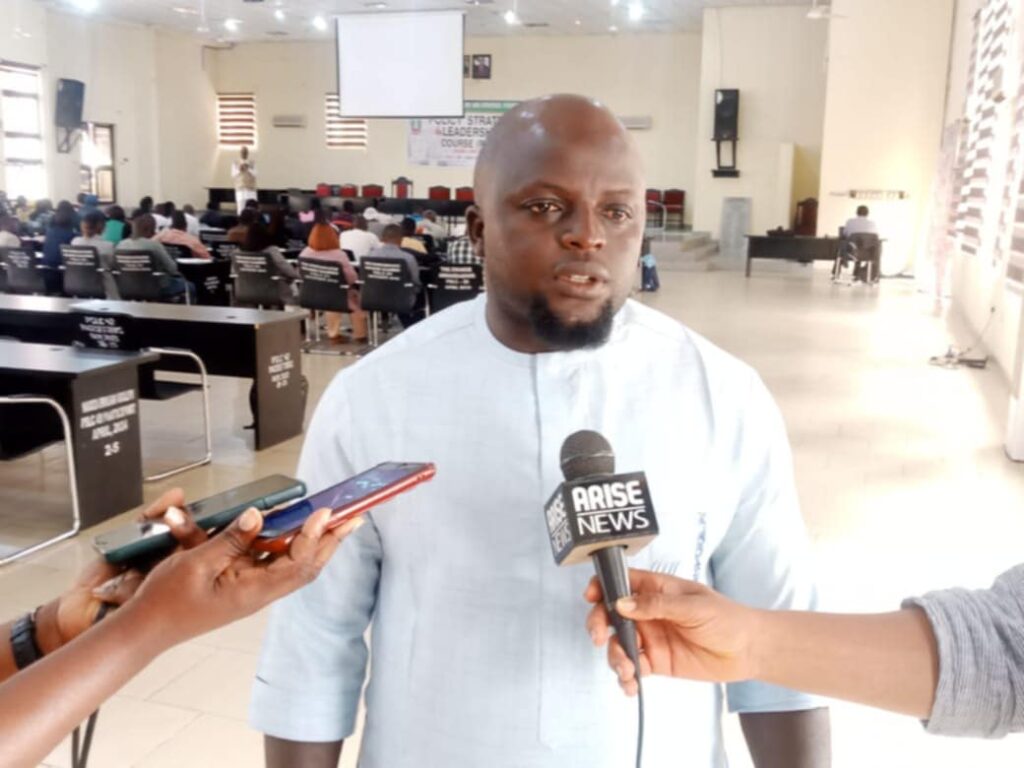
count | 400
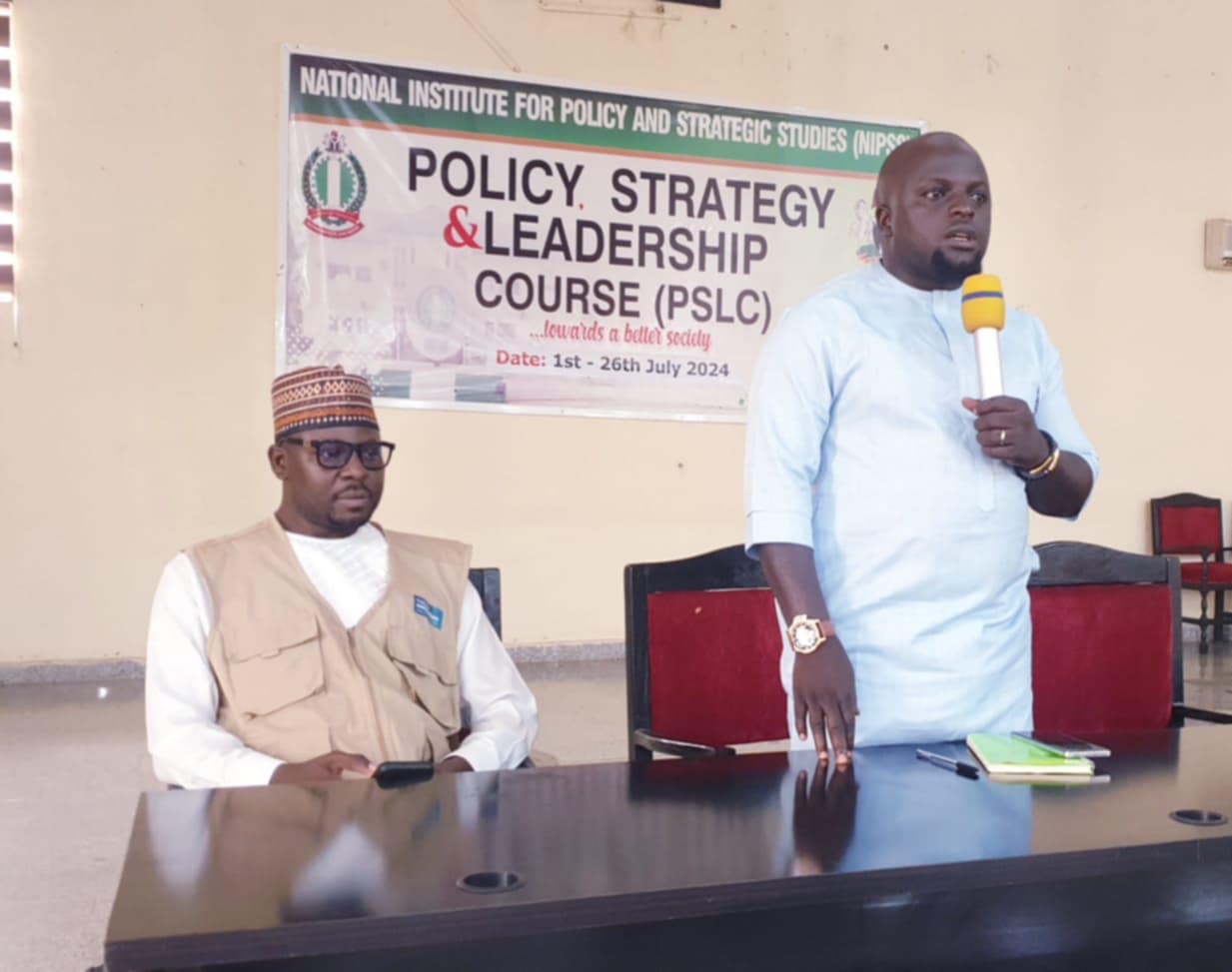
Recent Comments
Mwanchuel Daniel PamMarch 8, 2024 at 11:06 pm
Bob WayasNovember 6, 2023 at 5:30 am
JosephNovember 5, 2023 at 3:47 am